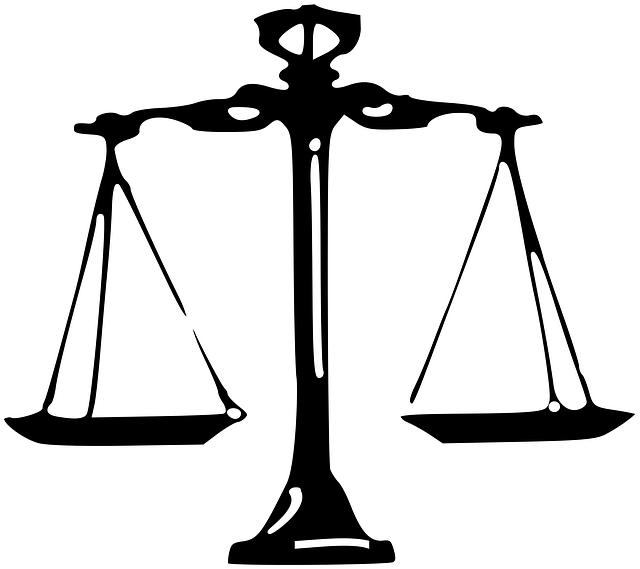Antitrust laws vary globally, aiming to promote fair competition by banning practices like price-fixing and market division. Non-compliance carries severe legal penalties. Enforcement involves government investigations within specific time frames governed by the Statute of Limitations for Libel Cases. Proving antitrust violations requires demonstrating agreements restricting trade and resulting harm. Understanding this limited timeframe is vital for both plaintiffs and defendants, impacting investigations, case outcomes, and strategic decisions in high-stakes litigation. Engaging specialized legal counsel is crucial for navigating these complexities and securing favorable results.
In today’s competitive market, understanding antitrust laws and their enforcement is crucial for both businesses and consumers. This article delves into the intricate world of antitrust violation cases, breaking down key elements, legal remedies, and the vital role of the statute of limitations—a critical factor in libel cases too. By exploring these aspects, we aim to provide insights for victims navigating complex legal landscapes, ensuring they understand their rights and options.
- Understanding Antitrust Laws and Their Enforcement
- Key Elements of an Antitrust Violation Case
- The Role of Time: Statute of Limitations Explained
- Navigating Legal Remedies for Victims of Antitrust Crimes
Understanding Antitrust Laws and Their Enforcement

Antitrust laws are designed to promote fair competition and prevent monopolies from dominating markets, thereby fostering a healthy economic environment. These laws vary across jurisdictions but generally prohibit agreements or practices that restrict trade, such as price-fixing, market division, and abuse of dominant market positions. Understanding these laws is crucial for businesses as non-compliance can lead to significant legal consequences, including substantial fines and damage to reputation.
Enforcement of antitrust laws typically involves government agencies or regulatory bodies that investigate complaints and conduct inquiries. The Statute of Limitations for libel cases also applies in antitrust litigation, setting time frames within which actions must be taken. A robust white collar defense strategy is essential for businesses accused of antitrust violations, given the unprecedented track record of successful prosecutions. Each respective business must navigate these legal complexities, ensuring adherence to regulations to avoid potential pitfalls and maintain integrity in the market.
Key Elements of an Antitrust Violation Case

In any antitrust violation case, several key elements must be established to prove a claim. Firstly, the plaintiff needs to demonstrate that there was indeed an agreement or conspiracy among businesses that restricted trade or competition. This could involve price-fixing, market division, or other anti-competitive practices. Secondly, the harm caused to the plaintiff as a result of this conspiracy is crucial; they must show how these actions directly led to their loss or damage.
The Statute of Limitations for Libel Cases plays a significant role in such cases. This refers to the time period within which legal action can be taken after the violation occurs. Understanding and adhering to these legal timelines is essential, as it allows for a fair resolution while ensuring that businesses are not unduly penalized by outdated claims. For both corporate and individual clients, engaging the services of a specialized white-collar defense lawyer who understands antitrust laws is vital to navigating this complex area of law and securing the best possible outcome.
The Role of Time: Statute of Limitations Explained

In antitrust violation cases, understanding the Statute of Limitations is paramount for both plaintiffs and defendants. This legal concept dictates the time frame within which a claim can be filed, after which it becomes barred from pursuit. The statute varies across jurisdictions but generally ranges from four to six years from the date of the alleged violation. For instance, in the United States, the federal antitrust statute typically allows four years to file suit, with certain exceptions extending the period.
Knowing this time frame is crucial for winning challenging defense verdicts, as it provides a clear timeline for investigating and presenting cases. Plaintiffs must act within this window, ensuring their claims are well-timed. Conversely, defendants can use the Statute of Limitations as a powerful tool, arguing that delays in filing indicate a lack of genuine harm or interest in pursuing the case. This knowledge contributes to an unprecedented track record in high-stakes cases, where every detail and timing matter significantly.
Navigating Legal Remedies for Victims of Antitrust Crimes

Navigating legal remedies for victims of antitrust crimes can be a complex process, but there are specific laws in place to protect individuals and businesses from such violations. One crucial aspect to understand is the Statute of Limitations for Libel Cases, which sets a time frame within which legal actions can be taken. This varies by jurisdiction, but generally, it provides a window of several years to file claims.
Victims seeking justice must act promptly to avoid potential avoiding indictment and ensure their case is strong. They can involve both corporate and individual clients, depending on the nature of the antitrust crime. A well-prepared and compelling argument, backed by solid evidence, increases the chances of winning challenging defense verdicts.
Antitrust violation cases are complex legal battles that require a deep understanding of both antitrust laws and the specific circumstances surrounding each case. By examining key elements, such as market impact and intent, and considering the vital role of the Statute of Limitations for Libel Cases in determining the timeline for legal action, individuals wronged by antitrust crimes can navigate their options effectively. With the right approach, victims can seek justice and remedies that restore fairness to the marketplace, ensuring that antitrust laws continue to protect consumers and foster fair competition.






